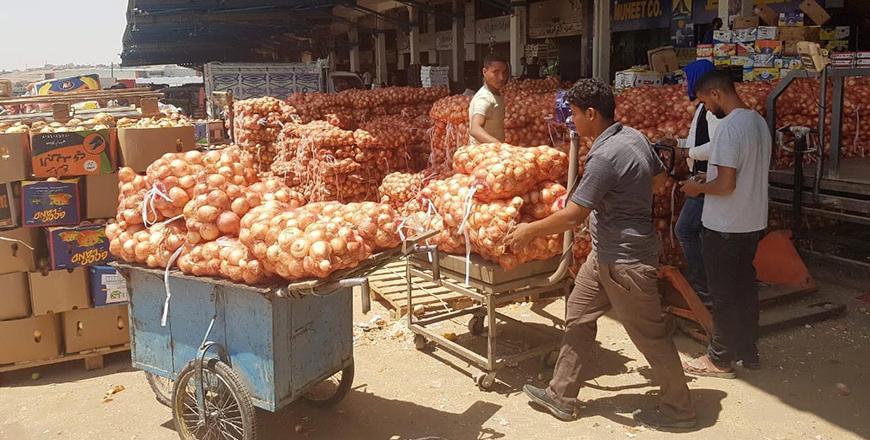- Local News
- Mon-2020-04-13 | 01:41 pm

According to the minister, the database is compatible with the country’s efforts to preserve the effectiveness of various agricultural sector fields to successfully combat the exceptional circumstances imposed by the coronavirus pandemic, the Jordan News Agency, Petra, reported.
The agricultural sector is in "constant growth” and is quickly impacted by many factors, Kharabsheh said, noting that this requires the availability of data to provide quick solutions to preserve growth and production and provide better services to farmers and other related production and development entities.
According to Kharabsheh, the database will allow the ministry to keep track of sector priorities and develop applications available for all to use in order to organise their work in accordance with public safety standards.
The ministry has "surpassed the bigger part of the slowdown” caused by the lack of such data, Kharabsheh said, noting that thelack of a database caused "confusion” in the agricultural sector at the beginning of the coronavirus crisis, Petra reported.
The database aims at organising labour and expediting procedures in order to secure agricultural products and supply them to central markets, where they will be made available to citizens for consumption, Kharabsheh said.
He added that the database will also help secure farmers’ needs for raw materials and pesticides, and ensure that import and export operations continue, according to Petra.
Kharabsheh noted that all areexperiencing the current exceptional circumstances, and all are unprepared for such a crisis. He stressed that "mistakes happen, but what matters is quickly fixing them and moving on”.










